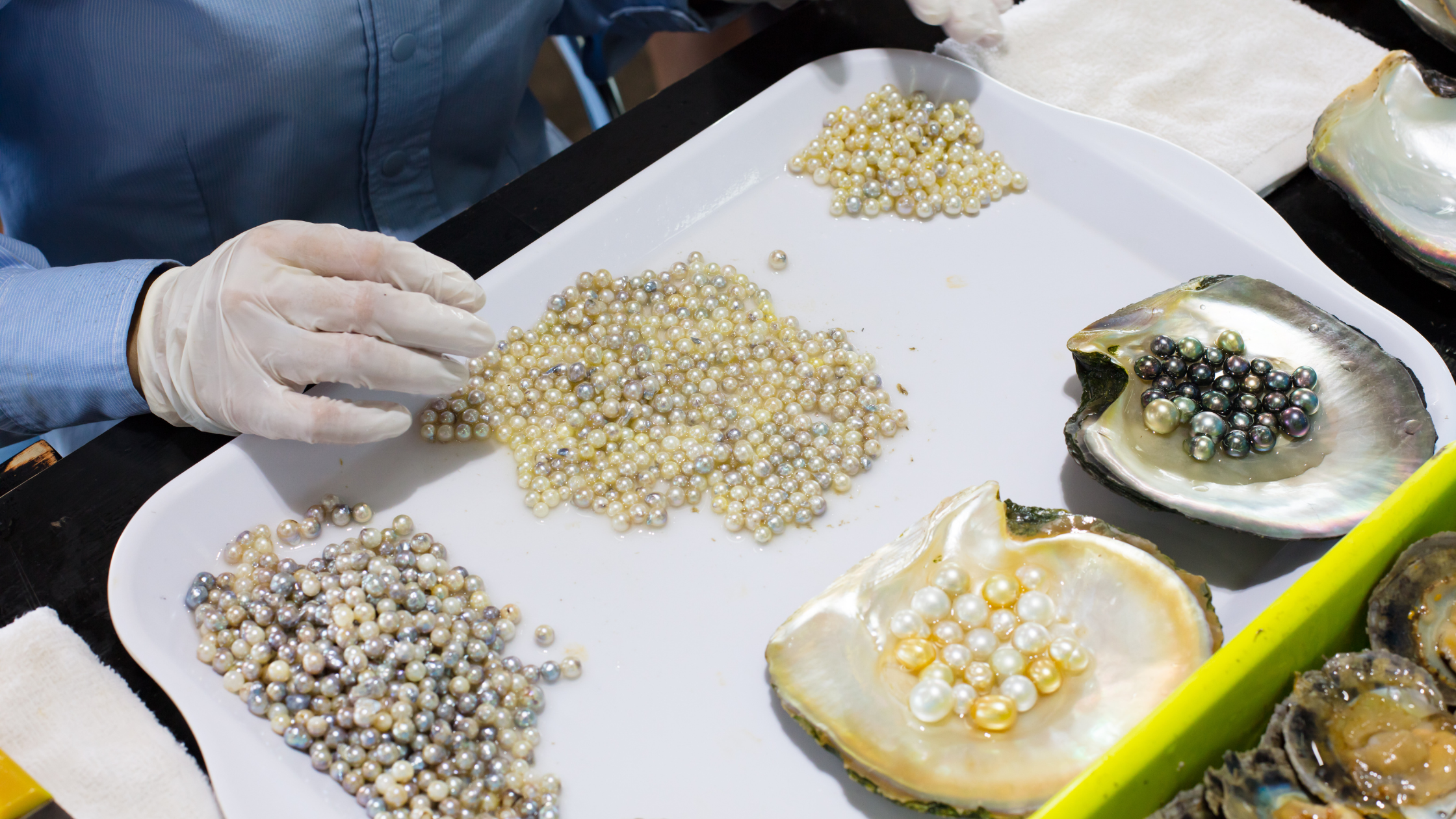
The Hidden World of Oyster Pearl Farming: Unveiling Ethical Concerns
Nestled beneath the ocean's surface lies a captivating world of oyster pearl farming, a practice as ancient as civilization itself. With its rich history and allure, the industry has thrived for centuries, producing coveted pearls that adorn jewelry and symbolize luxury. However, behind the glamour and elegance, there exists a realm of ethical considerations and environmental impacts that often go unnoticed.
The Process of Pearl Farming
Pearl farming involves the cultivation of pearls within oysters through a meticulous process. Farmers carefully implant small irritants, often beads or pieces of shell, into oysters, stimulating the formation of pearls as a defense mechanism. These oysters are then nurtured in underwater farms, where they grow and develop over several years until the pearls reach maturity.
Ethical Concerns
While the process of pearl farming may seem innocuous, ethical concerns have emerged regarding the treatment of oysters and the environmental repercussions of mass cultivation. One of the primary ethical dilemmas revolves around the welfare of the oysters themselves. Critics argue that the implantation process can cause distress and harm to the oysters, raising questions about the morality of exploiting these creatures for commercial gain.
Furthermore, there are concerns about the environmental impact of pearl farming, particularly in coastal regions where farms are prevalent. Intensive farming practices can lead to habitat destruction, pollution, and disruption of marine ecosystems. Additionally, the use of chemicals and antibiotics in farming operations can further exacerbate environmental degradation, posing risks to marine life and human health.
Numerical Insights
Despite these ethical concerns, the pearl farming industry continues to thrive, driven by consumer demand for pearls and the allure of luxury jewelry. According to data from the International Pearl Association, the global pearl market was valued at over $5 billion in 2023, with steady growth projected in the coming years. China, Japan, and the Philippines are among the leading producers of cultured pearls, contributing significantly to the industry's economic significance.
However, while the industry generates substantial revenue, the true cost of pearl farming extends beyond financial metrics. A study published in the journal Marine Pollution Bulletin found that pearl farming activities can have significant ecological consequences, including habitat degradation and loss of biodiversity. The study highlights the need for sustainable practices and greater environmental stewardship within the industry to mitigate these impacts.
Conclusion
In conclusion, the world of oyster pearl farming is a complex tapestry of tradition, commerce, and ethical considerations. While pearls have long been revered for their beauty and symbolism, the industry that produces them is not without its controversies. From concerns about animal welfare to environmental sustainability, the ethical implications of pearl farming demand careful scrutiny and reflection.
As consumers, it is essential to be mindful of the origins of the products we purchase and the impact of our choices on the natural world. By supporting ethical and sustainable practices within the pearl farming industry, we can work towards a future where beauty and integrity coexist harmoniously beneath the waves.
Sources:
- International Pearl Association. "Global Pearl Market Size, Share & Trends Analysis Report." (2023).
- Marine Pollution Bulletin. "Environmental impacts of pearl farming activities: A review." (2019).
- National Geographic. "How Pearls Became Nature’s Most Miraculous Process." (2022).




